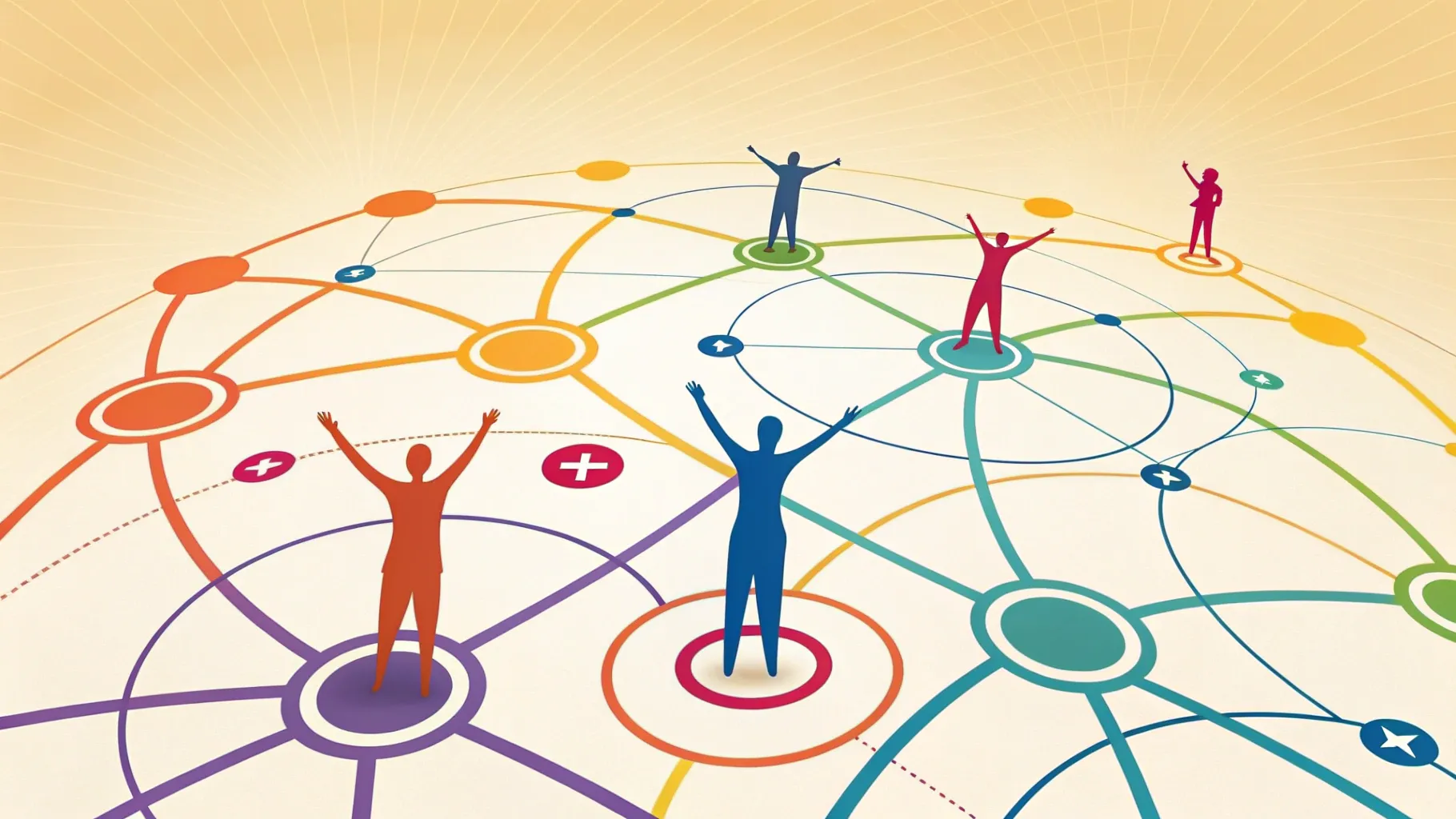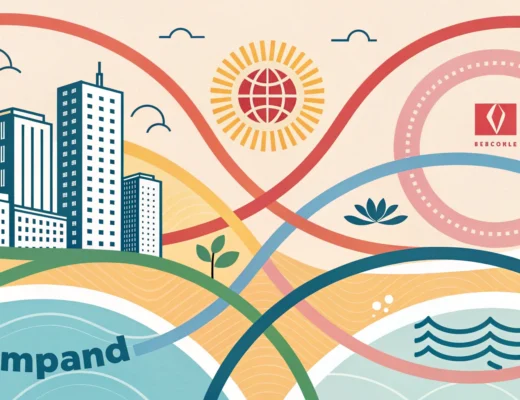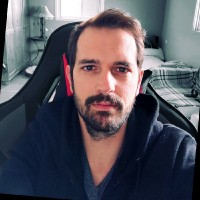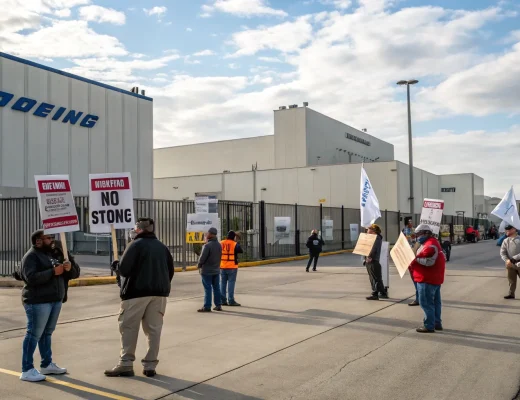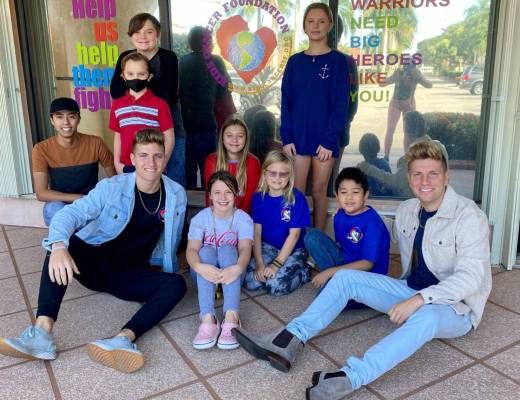At twenty-one, I faced a devastating medical prognosis. The doctor entered my hospital room, looked me in the eye, and delivered the crushing news: “You’ll probably never walk without a stick. And climbing? Be realistic—you’ll never climb again.”
Those words shattered me. Not just because I loved climbing, but because of something much deeper that I only understood years later. My entire social world—my tribe—revolved around climbing. In my young mind, losing climbing meant losing my community, my sense of belonging, and my identity.
The Power of Community in Our Lives
This experience taught me something fundamental about human nature. We are social creatures who thrive on connection. When faced with losing my climbing community, I wasn’t just mourning a hobby—I was facing isolation from the people who understood me best.
That fear became my greatest motivator. It wasn’t simply about proving the doctors wrong or returning to the physical act of scaling mountains. It was about maintaining my place in a community that gave my life meaning and purpose.
Looking back, I recognize this as a universal human need. We all seek our tribe—people who share our passions, understand our struggles, and celebrate our victories. This tribal connection is woven into our DNA as a species.
Finding Your People Changes Everything
Community provides more than just social interaction. When you find your tribe, you gain:
- A support system that understands your specific challenges
- Mentors who have walked similar paths
- Accountability partners who push you to grow
- A sense of belonging that fulfills a core human need
These connections become especially vital during life’s most difficult moments. When facing my own health crisis, the thought of rejoining my climbing community gave me something to fight for beyond my physical recovery.
The Motivation of Belonging
What makes tribal connection such a powerful motivator? It taps into something primal. Throughout human history, belonging to a group meant survival. Today, it still represents emotional and psychological survival.
My desire to remain part of my climbing community pushed me to defy medical expectations. The human spirit can accomplish remarkable things when driven by the need for connection. This isn’t unique to my situation—I’ve seen this same determination in entrepreneurs building businesses, artists creating within communities, and athletes returning from injuries.
When we find our people, we find our purpose. The activities we share become more than hobbies—they become the framework for meaningful relationships and personal identity.
Rebuilding When Community Is Threatened
Life sometimes forces us to reimagine our communities. Whether through injury, relocation, career changes, or other major life shifts, we may find ourselves disconnected from the tribes we once belonged to.
In these moments, we have two choices: mourn what we’ve lost or actively seek new connections. My experience taught me that the human need for community never disappears—it simply waits to be fulfilled in new ways.
For me, the climbing community represented more than the physical act of climbing. It represented shared values, mutual understanding, and collective experiences. When I recognized this, I understood that maintaining these connections was worth fighting for, even if my participation looked different than before.
The Universal Need for Tribal Connection
My story is personal, but the lesson is universal. We all need our tribe. Whether you find your people through sports, creative pursuits, professional interests, or shared life experiences, these connections provide the foundation for a fulfilling life.
Don’t underestimate the power of community in driving your motivation, supporting your growth, and giving your life meaning. When you find your tribe, you find a piece of yourself.
And if you ever face losing your community—through injury, transition, or change—remember that the human capacity for connection is remarkably resilient. New tribes await, often in unexpected places, ready to welcome you home.
Frequently Asked Questions
Q: How can I find my “tribe” if I’m not sure what my passions are?
Start by exploring different activities and communities without pressure to commit. Pay attention to where you feel most comfortable and energized. Your tribe might form around shared values rather than specific activities. Sometimes finding your people happens through trial and error—be patient with the process.
Q: What if my physical limitations prevent me from participating in my community’s main activity?
Many communities value contribution in various forms. Look for ways to stay connected through mentoring, organizing, supporting, or adapting your participation. True communities embrace members through all life stages and circumstances. Often, your knowledge and perspective become even more valuable when you’ve overcome challenges.
Q: How important is having a community for mental health?
Social connection is fundamental to mental wellbeing. Research consistently shows that people with strong community ties experience lower rates of depression, anxiety, and stress. The sense of belonging provided by a supportive community creates psychological safety that helps us navigate life’s challenges more effectively.
Q: Can online communities provide the same benefits as in-person tribes?
Virtual communities can absolutely provide meaningful connection, especially when in-person options are limited. Many people find genuine support, understanding, and friendship online. The key is active engagement rather than passive consumption. The most fulfilling online communities typically include some element of real-time interaction, whether through video calls, messaging, or collaborative projects.
Q: What if I’ve lost touch with my community—is it possible to reconnect?
Reconnection is often more possible than we imagine. Most communities welcome returning members with open arms. Start with small steps—reach out to one person, attend one event, or join an online group. Be honest about your absence and your desire to reconnect. You might find that the relationships pick up more easily than expected, especially when built on shared passions or experiences.

